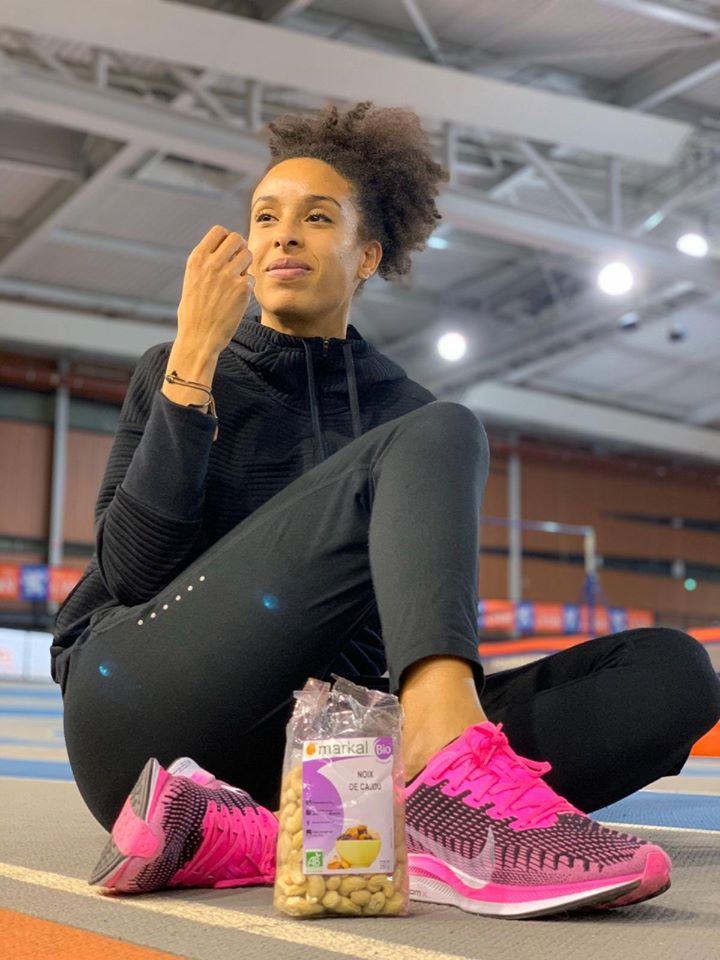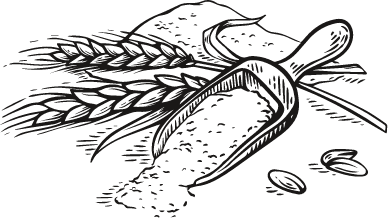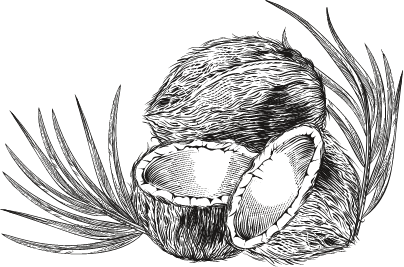Ask the greatest sportsmen and women, and they will tell you that food is one of the keys to their success. Many of them are already betting on organic, healthy and even plant-based food to boost their well-being and performance. Shall we take stock?
Improving well-being and performance through organic food

The diet of sportsmen and women may not be the only performance lever, but it is one of the simplest to put into place. Offering the body maximum nutrients means providing it with more resources: well nourished, it recovers better, performs better, is injured less and repairs itself faster. In addition to improving performance, a healthy diet has an overall impact on quality of life, from digestion to sleep, improving concentration, energy, regularity and the immune system.
What is the right method to optimise your diet? Eat fewer foods with a negative impact and more foods with a positive impact. Opt for fewer pesticides, additives, refined sugars and industrial products that can disrupt the proper functioning of the body, and thus choose qualitative nutrients that are easily assimilated and provide the body with stimulation. Therefore, eat a rich and varied organic diet, or even a vegetarian, vegan or gluten-free diet.
When it comes to organic food, each person has their own diet!
There is not just one diet for all sportsmen and women; rather, there is a diet for every sportsman and woman. So the real secret is to not blindly adopt a diet but to choose the one that best suits each sport, each profile, and each lifestyle and above all, the one that will improve your performance. In all cases, it should be based on quality organic food that contains many nutrients but few toxic substances. For the record...
- Vegetarian diets exclude animal flesh such as meat, fish and seafood.
- Vegan diets exclude any products from animal husbandry such as dairy products, honey and eggs. Veganism also refers to a way of life applying the same logic at all levels: clothing, cosmetics etc.
- Gluten-free diets exclude gluten proteins found in wheat and other cereals which can cause inflammatory reactions.
The ABCs of organic sports nutrition
In concrete terms, immediately before or during exercise, rely on the energy of bananas, dried fruit such as nuts, raisins and almonds, cereal bars or soya yoghurt – as you’ve surely understood, they should be organic.
To optimise performance or recovery before or after sport, eat a complete and balanced meal: carbohydrates with a low glycaemic index such as rice, oat flakes or legumes + proteins, such as white meat or organic fish, eggs for vegetarians, and seeds or tofu for vegans + good fats rich in omega-3 fatty acids, such as fatty fish or vegetable oils + organic, local, seasonal fruit and vegetables in all their forms – in compotes, juices, and smoothies, whether raw or cooked!
Great sportsmen and women and food
Many top athletes have chosen specific diets, as recently shown in the documentary The Game Changers. These include Arnold Schwarzenegger, Carl Lewis, Lewis Hamilton, Sylvie Guillem, Scott Jurek, Emilie Forsberg, Hannah Teter, Bode Miller and Venus Williams, who are all vegetarian or vegan. Jo-Wilfried Tsonga, LeBron James and Novak Djokovic have also gone gluten-free. What about you?









